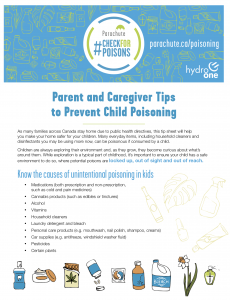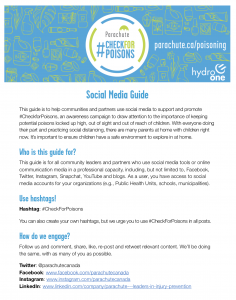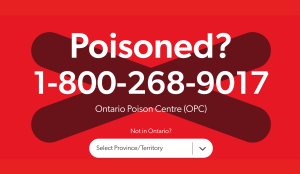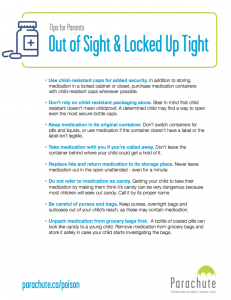Suspect a poisoning? Help is a call away.
Canada has a toll-free 24/7 number for poison centres. If you suspect a poisoning, call 1-844-POISON-X (1-844-764-7669).
If you are located in Nunavut, contact your local health centre.
If you are located in Québec, call 1-800-463-5060.
Keep the number of your poison centre nearby or in your phone.
Program the number into your phone’s contact list or keep it in a visible location, such as on your fridge. In the event your child or someone else in your household is potentially poisoned, contact the poison information centre. If the person loses consciousness or has difficulty breathing, call 911.
Approximately 3,500 Canadians die each year due to unintentional poisoning and poisoning is the second-leading cause of unintentional injury hospitalizations. Poison centres across Canada received more than 200,000 calls in 2023 and approximately a third of cases were related to children under six.
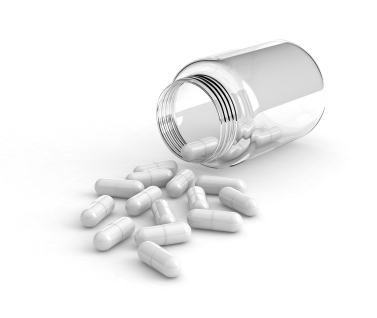
Medications
To prevent unintentional poisoning from medications, be sure to read all medication labels, take only the recommended dosage and be aware of any possible side effects or medication interactions. Check in with your doctor or pharmacist if you have questions or concerns about any medications you are taking.
Medications are the leading cause of poisoning in children. Always store medicine packages, bottles of pills or syrups locked up high, out of sight and out of reach of children.
Keep all medication in original child-resistant packaging.
Young children explore their world by putting things in their mouths. Child-resistant packaging is required by law for certain medications. It reduces the chance of your child being poisoned. However, a small percentage of children are still able to open medication containers. It is best to use medicine containers that contain small doses.
The original, labelled container also makes it clear what is inside and has the dosage information you may need.
Never refer to medicine as candy.
Be extra careful with medicines that may taste good to your child, such as chewable vitamins and fruit-flavoured syrups. Children learn by touching, tasting and by imitating others.
Always read the label and check the dosage each time you give or take medicine.
Keep products in their original containers, to help you remember the medication and the dosage.
When visitors come to your home, make sure they keep their purses or bags out of your child’s reach.
Visitors may have potentially poisonous products with them, such as medication, vitamins, cosmetics or cannabis products. Keep their belongings out of your child’s reach just as you do your own.
Other products that cause poisoning
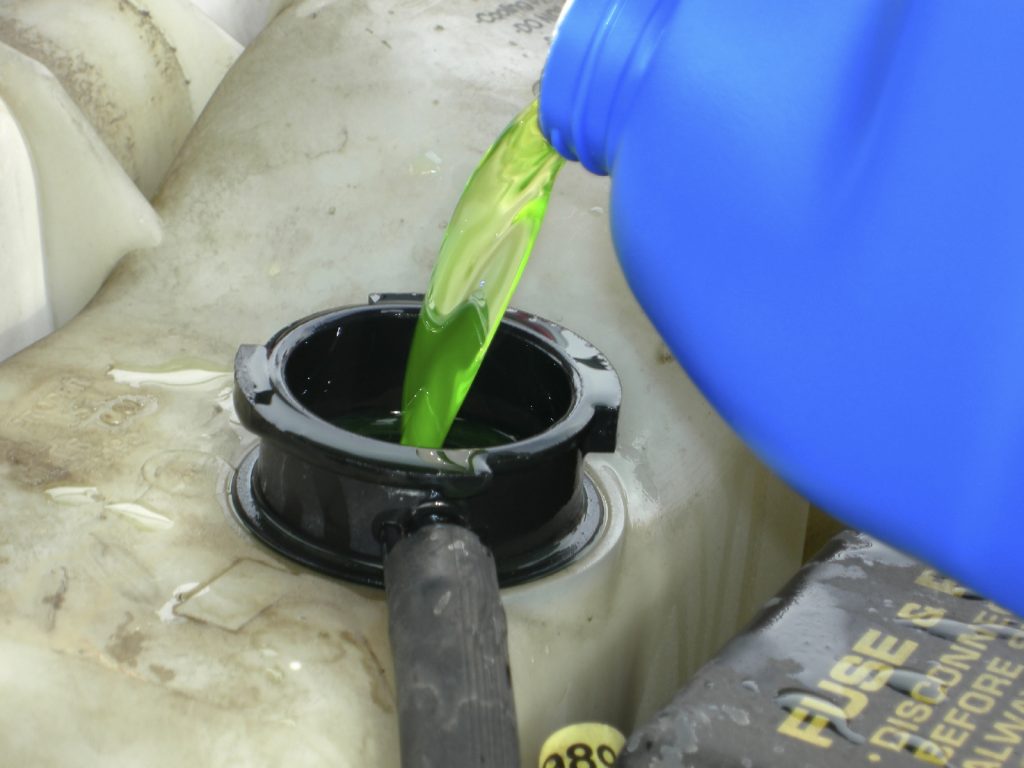
- Vitamins
- Household cleaners, such as bleach
- Laundry detergent, including single-dose packets
- Personal care products, such as mouthwash or nail polish
- Car supplies, such as antifreeze and windshield washer fluid
- Alcohol
- Cannabis, including cannabis edibles
- Illicit drugs, such as opioids
- Pesticides
- Certain plants
Many children have swallowed poisonous products because adults did not store these properly or took them out of their original containers.
Keep all potential poisons locked up high, out of sight and out of reach
As your child grows, they become increasingly active and can more easily reach and open cabinets.
Make your home a poison-safe zone by storing all potential poisons in a high-up cabinet, drawer or cupboard that can be locked using a lock, with the key stored in a hidden location, or with a latch that can’t be opened by a child.
Prevent plant poisoning
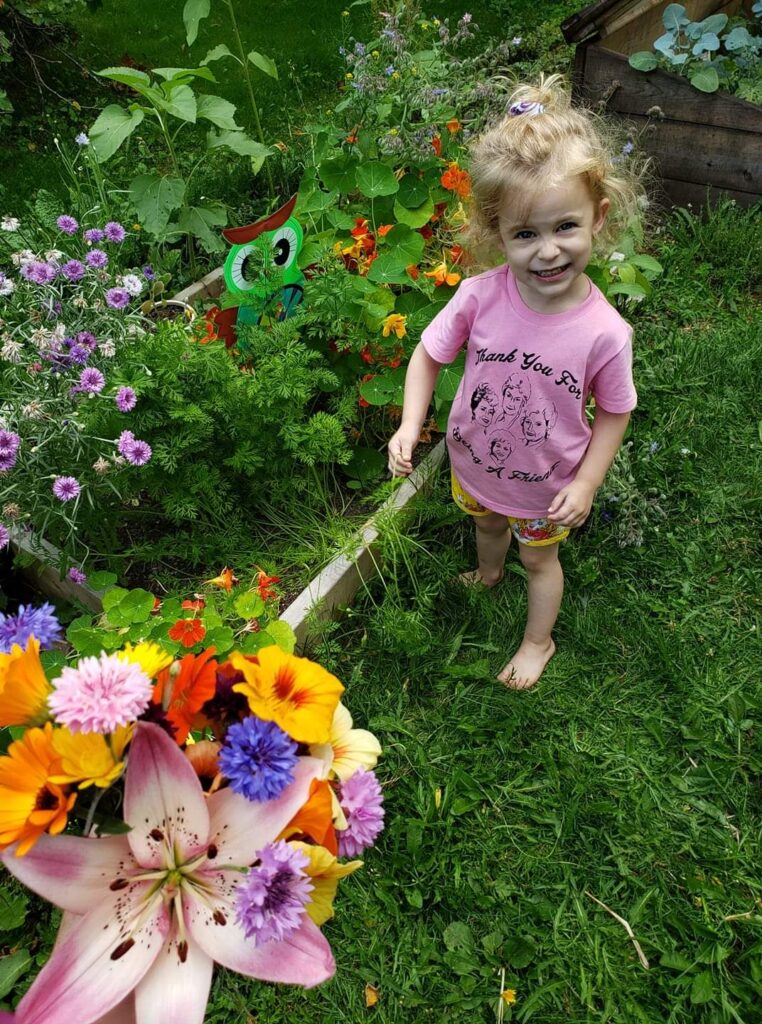
While children benefit greatly from outdoor play and learning about how plants grow, some can be poisonous if eaten or cause irritation if touched.
- Know all plants in and around your home and garden.
- Label each plant in your home with the specific name (e.g. Devil’s ivy vs. just ivy).
- Keep all houseplants, seeds and bulbs out of reach of children.
- Teach children never to put leaves, flowers, seeds, nuts or berries in their mouths without first checking with an adult.
- Never eat wild mushrooms or unfamiliar wild berries. Many poisonous mushrooms look like mushrooms that are safe to eat.
Check out more information, including a list of common poisonous plants, provided by the Ontario Poison Centre.
